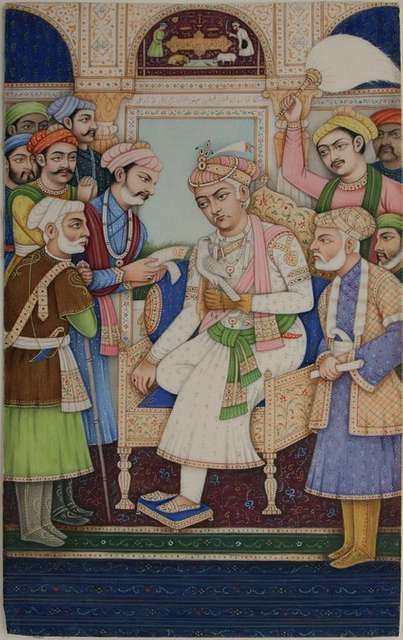From Bethlehem to Global Dominance: Unraveling Christianity’s Epic Odyssey

The Spread of Christianity: Origins and Early Growth
Christianity emerged as a sect of Judaism in the 1st century CE within the Roman province of Judea. Its origins are closely tied to the teachings of Jesus of Nazareth, who proclaimed the imminent Kingdom of God. After Jesus’ crucifixion and resurrection, his followers began spreading his message throughout the Eastern Mediterranean cities. Here are key factors that contributed to the spread of Christianity:
- Teachings of Jesus: Jesus’ moral and ethical teachings challenged prevailing norms, emphasizing love, compassion, and personal transformation.
- Resurrection and Great Commission: Belief in Jesus’ resurrection fueled missionary activity. The Great Commission instructed disciples to spread the message globally.
- Apostolic Age: The apostles played a crucial role in establishing Christian communities and spreading the faith.
- Conversion of Gentiles: Gentile-Christians soon outnumbered Jewish followers, leading to the separation from Judaism.
- Early Christian Communities: Churches and monasteries were founded, providing centers for worship and education.
Division from Judaism: Identity Formation
In the mid-2nd century CE, Christianity underwent identity formation, separating from Judaism. Here’s how it happened:
- Diverse Jewish Views: Early Christians encountered various Jewish views on the messiah and the Kingdom of God. Some accepted Jesus as the messiah, while others did not.
- Ottoman Rule and Isolation: After the fall of Constantinople to the Ottoman Empire, Eastern Orthodoxy was isolated from the West. Orthodox theology remained distinct from Reformation debates.
- Gradual Process: Over time, Christianity developed its own dogma, hierarchy, and practices, diverging from Jewish traditions.
Ancient Christianity’s Impact on Society and Gender Roles
Christianity transformed societal norms and gender roles. Here are significant changes:
- Portable Religion: Christianity eliminated ethnic cults, creating a portable faith accessible to diverse populations.
- Sacred Marriage: Marriage became a lifelong sacred bond, emphasizing fidelity and commitment.
- Patron Saints: The tradition of patron saints emerged, connecting believers to specific intercessors.
- Sexual Ethics: Sexual intercourse was considered sinful outside marriage, influencing social behavior.
- Women’s Status: While some women held influential roles (e.g., Mary), others faced demonization due to inherited cultural biases.
Modern Era: Protestant Reformation and Global Expansion
The early modern period (c. 1500–1750) witnessed significant developments:
- Protestant Reformation: Martin Luther’s 95 Theses (1517) sparked reform, challenging Catholic practices. The Reformation led to diverse Christian denominations.
- Age of Exploration: Christianity expanded globally through missionary efforts, colonization, and trade.
- Industrial Revolution: The late modern period saw industrialization, secularization, and shifts in religious practice.
Global Impact
Christianity’s impact is immense:
- Cultural Influence: Christianity shaped Western civilization, art, literature, and legal systems.
- Global Reach: It spread across continents, becoming the world’s largest religion.
- Social Transformation: Christian values influenced ethics, human rights, and social justice movements.
In summary, Christianity’s journey—from its humble beginnings to global prominence—has left an indelible mark on history, society, and individual lives.








